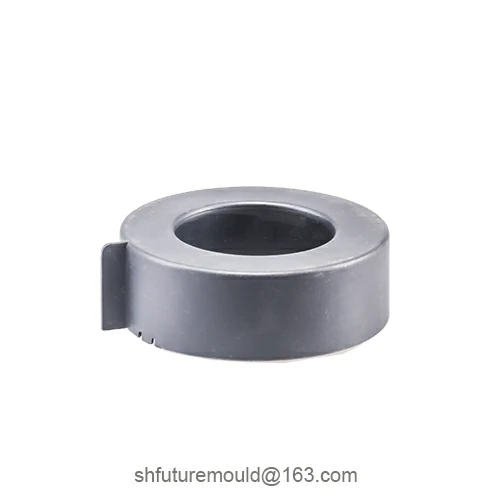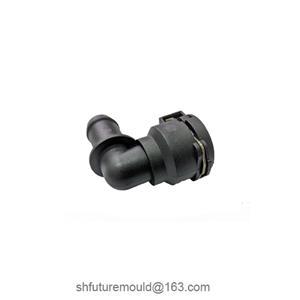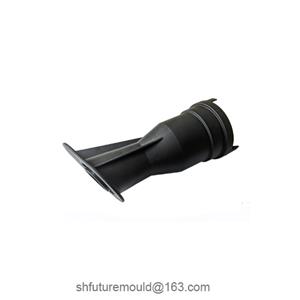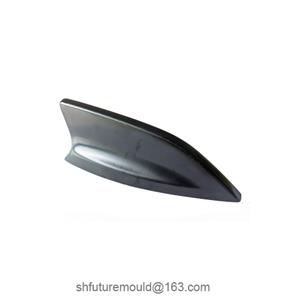-
What is the Function of Rounded Corners in Plastic Parts Design?
In plastic mold design and manufacturing, rounded corner design is a crucial detail that not only impacts the product's aesthetics and functionality but also directly affects the mold's manufacturing difficulty, production costs, and the final quality and performance of the plastic parts.
18-03-2025 -
How to Determine the Position of Guide Pillar Holes in Molds
As the core component of the mold guiding system, the rationality of the position and dimensions of guide pillar holes directly affects the mold's clamping accuracy, service life, and production efficiency.
17-03-2025 -
Design Requirements for Ejection Systems in Robotic Applications
Design Requirements for Ejection Systems in Robotic Applications
17-03-2025 -
Characteristics of Medical Injection Molding
Medical injection molding is one of the core processes in medical device manufacturing. Its products are widely used in medical scenarios such as syringes, infusion sets, in vitro diagnostic equipment.
17-03-2025 -
The Role of Temperature Control Systems in Injection Molds
The temperature control system in an injection mold is a critical component for ensuring product quality, improving production efficiency, and extending mold lifespan. During the injection molding process, temperature regulation directly affects dimensional accuracy, surface finish, and cycle time.
14-03-2025 -
Potential Problems Caused by Excessive Back Pressure in Injection Molding
Back pressure is a critical process parameter in injection molding, directly affecting product quality. While high back pressure can increase the density of the melt, it can also lead to a series of problems.
14-03-2025 -
Silicone Mold
Silicone mold forming is a common molding process widely used in fields such as handicrafts, industrial parts, food molds, medical models, and more. Silicone molds are characterized by high elasticity, high temperature resistance, corrosion resistance, and high replication accuracy.
14-03-2025 -
The Function of Electroplating in Injection Mold Processing
Electroplating is a crucial surface treatment process that involves depositing a layer of metal or alloy onto a mold surface. This process significantly enhances the performance and lifespan of the mold.
13-03-2025 -
How to Determine the Molding Shrinkage Rate of Injection Molds?
During the injection molding process, plastic materials undergo a certain degree of shrinkage as they cool. This shrinkage is caused by the physical properties of thermal expansion and contraction, as well as changes in the molecular structure of the plastic.
13-03-2025 -
Hot Runner Systems: Applicable Projects
Hot runner systems are suitable for projects requiring high efficiency, precision, and quality. They offer significant advantages in high-volume production, multi-cavity molds, precision injection molding, and applications involving high-performance materials.
13-03-2025




